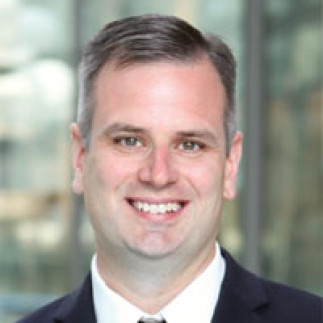Titre : Modern Alchemy - Base Metal Catalysis for Organic Synthesis: The Interplay of Applications and Electronic Structure.
Endroit : Pavillon Roger-Gaudry, salle G-615 à 11 h.
Hôte : Hélène Lebel.
La conférence sera prononcée (en anglais) par le professeur Paul Chirik du Département de chimie de la Princeton University. Elle est commanditée par le Centre en chimie verte et catalyse (CCVC).
Résumé : Transition metal catalysis has revolutionized organic synthesis by enabling new transformations with unprecedented selectivity. Our laboratory has been actively engaged in developing catalysts based on earth abundant elements rather than more traditionally deployed precious metals. The inspirations for this chemistry extend beyond catalyst cost; ultimately we aim to discover new reactivity that exploits the unique electronic structures of first row transition metals. My lecture will focus on two complementary approaches to this challenge. The first explores redox-active ligands, those that engage in reversible radical chemistry with the metal center, while the second employs a more traditional strong field ligand approach to engender more electron rich metal complexes. These two extremes define a continuum of reactivity ranging from new iron catalysts for commercial silicone production (Science 2012, 335, 567) to the asymmetric hydrogenation of alkenes (Science 2013, 342, 1054), C-H functionalization (J. Am. Chem. Soc. 2014, 136, 4133) and radiolabeling (Nature 2016, in press), important transformations with pharmaceutical relevance. More recently we have been focused on the discovery of new catalytic reactions for the valorization of simple alkenes – those that are now overabundant due to the development of vast natural gas reserves. An iron-catalyzed method for the diastereo- and regioselective intermolecular [2+2] cycloaddition of commodity alkenes has been discovered (Science 2015, 349, 960). Through continued ligand evolution and understanding of electronic structure, we have discovered base metal catalysts that promote chemistry unknown with established precious metal variants. The mechanisms of the various catalytic transformations, the importance of electronic structure controlled through ligand manipulation and strategies for imparting air stability will be a highlighted throughout.

